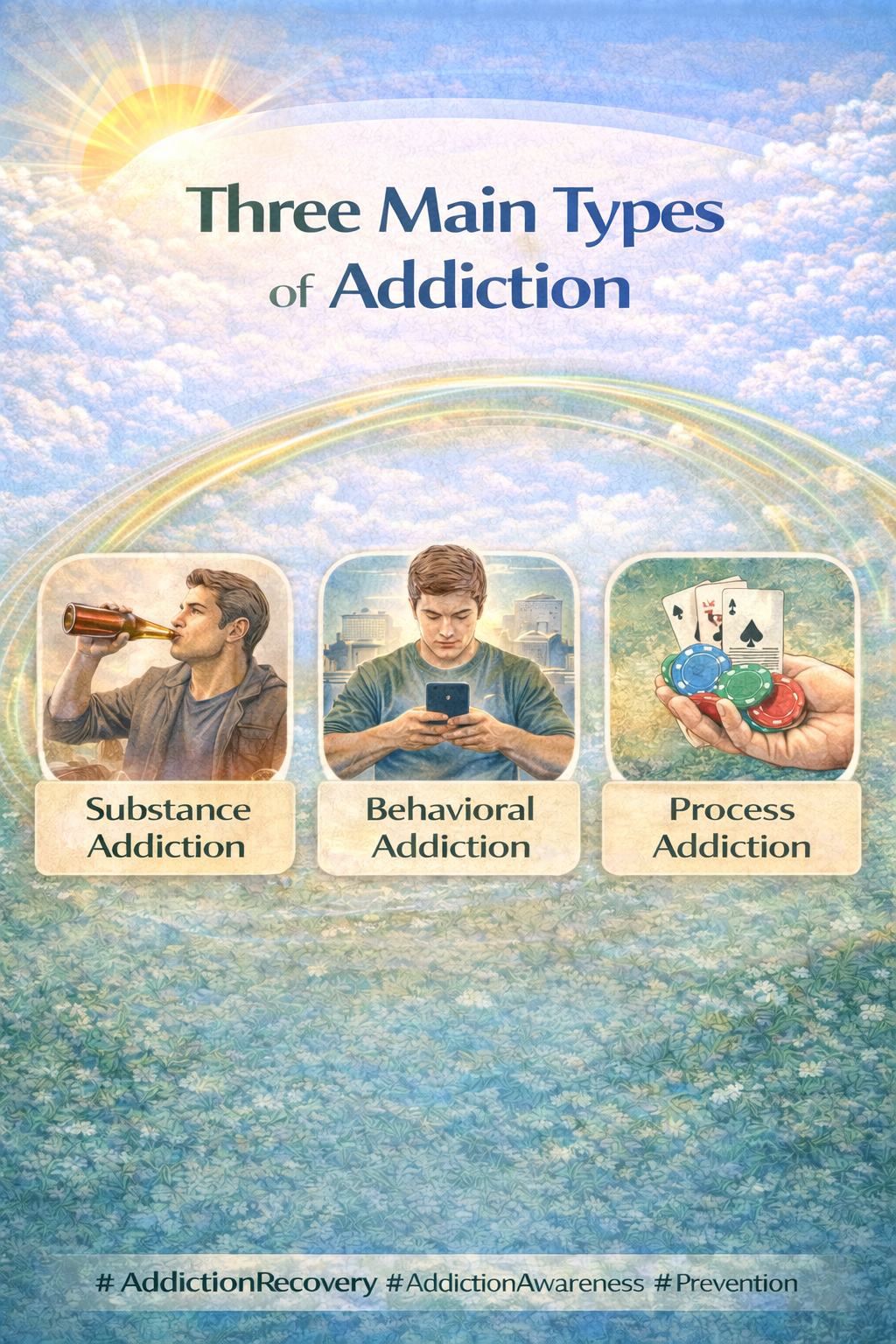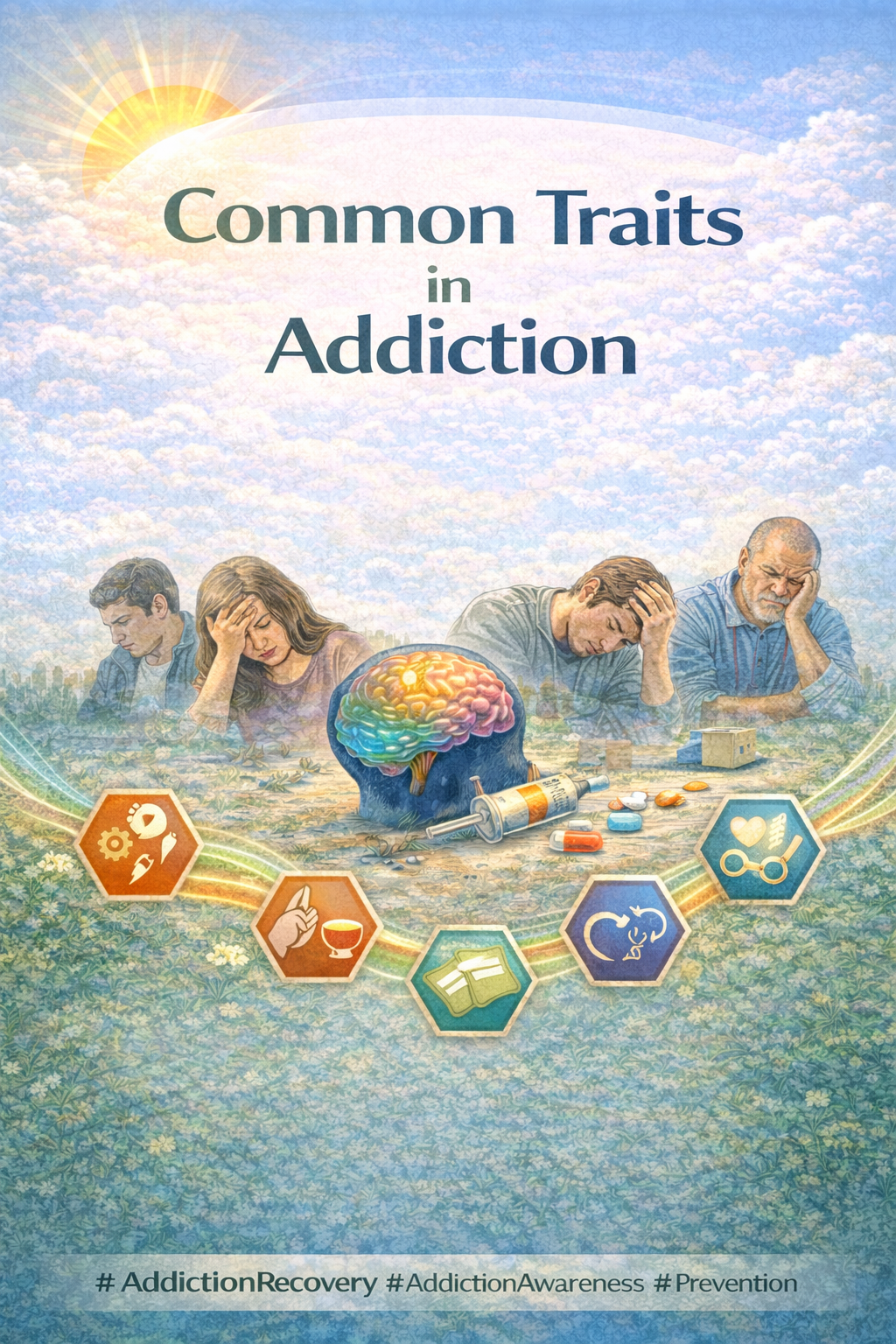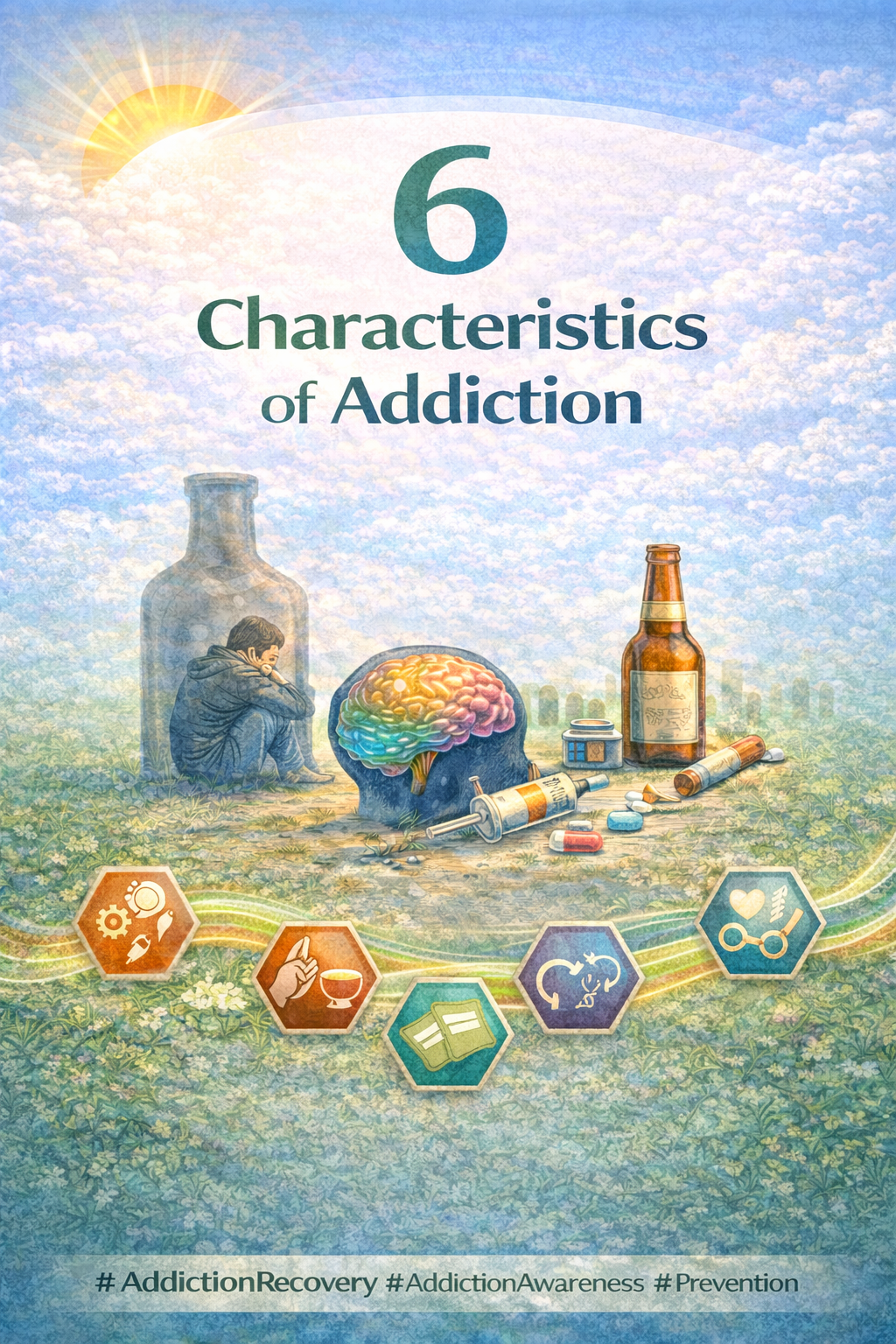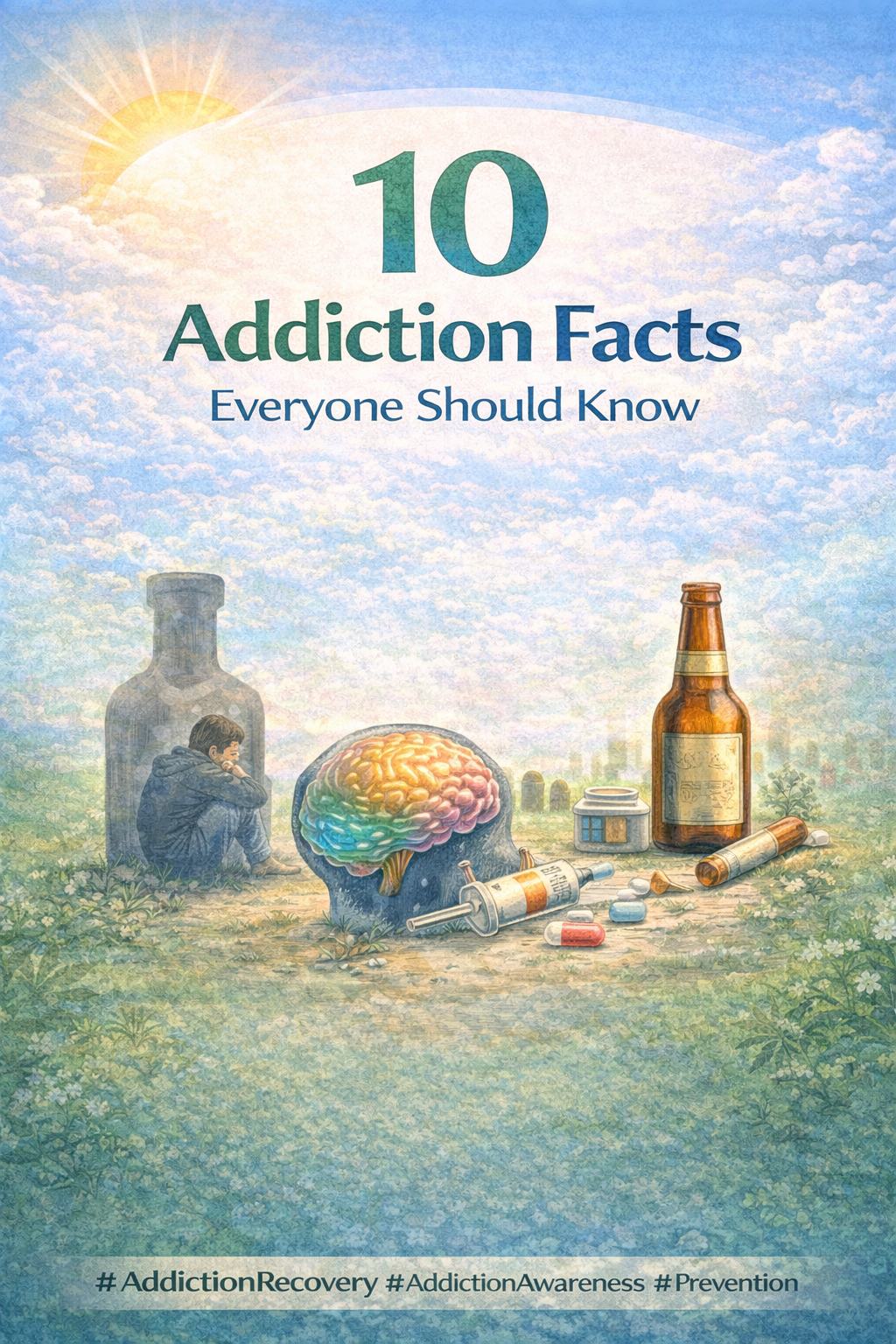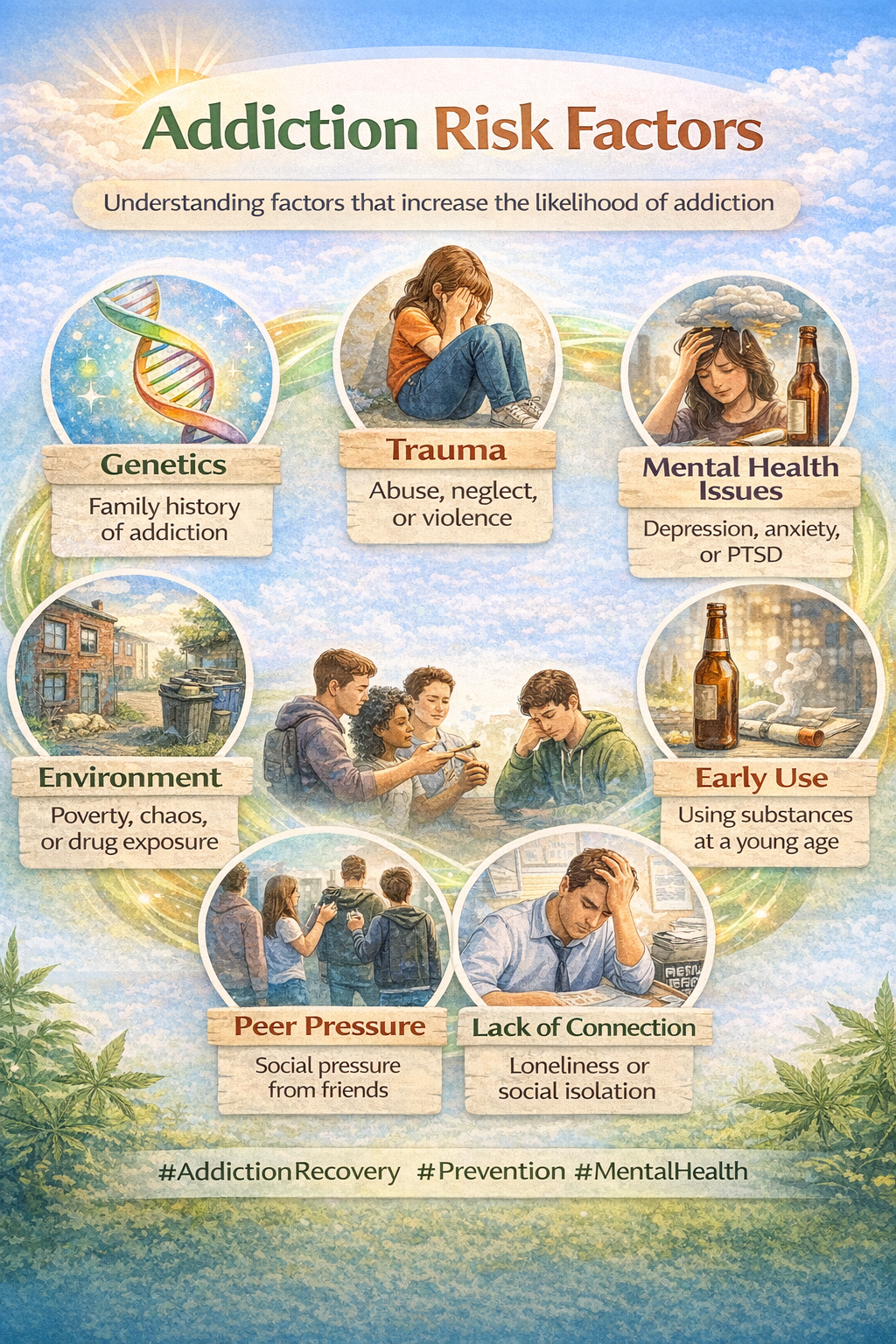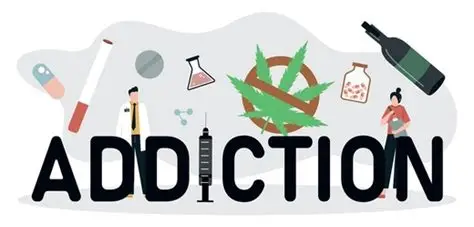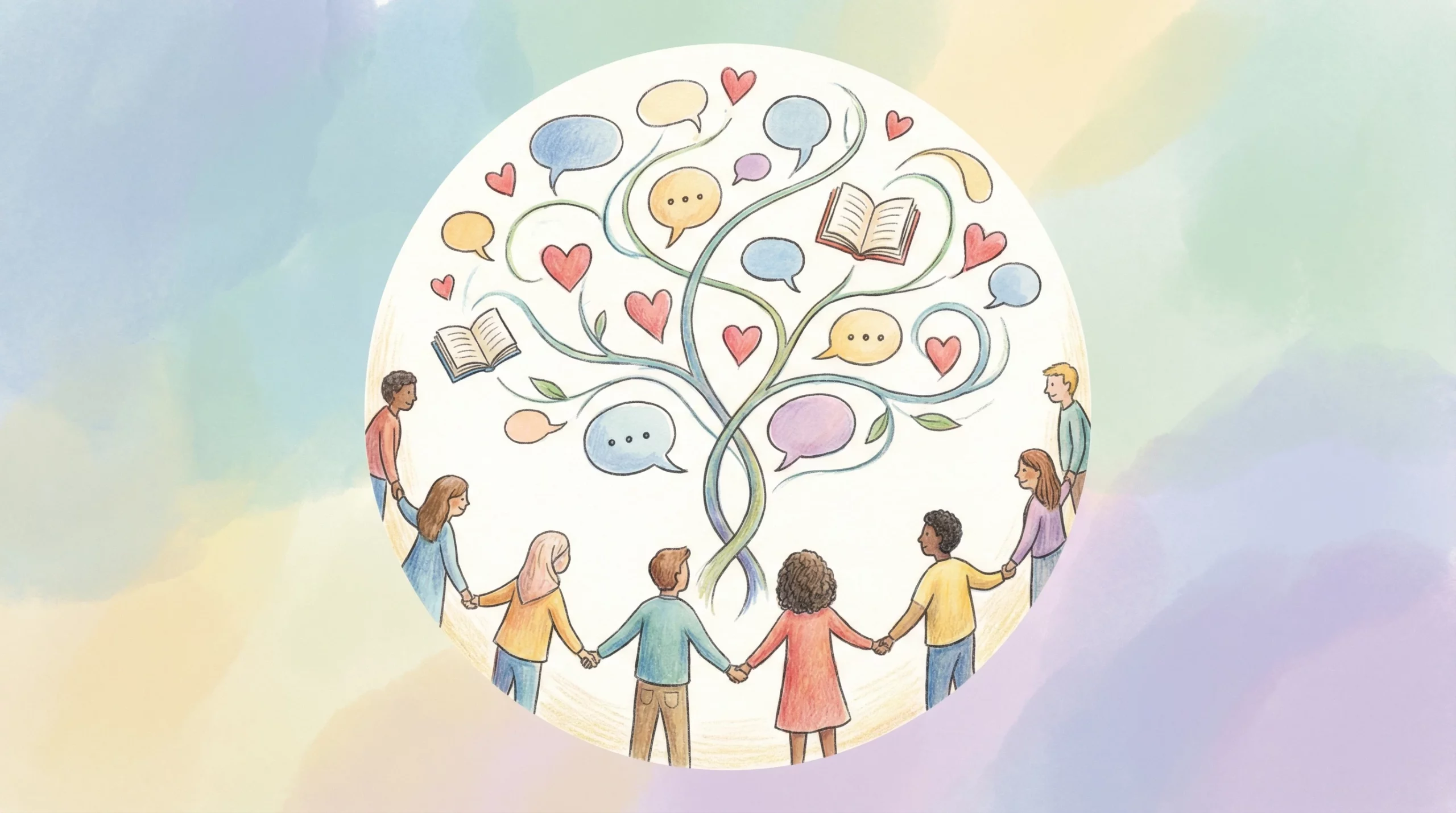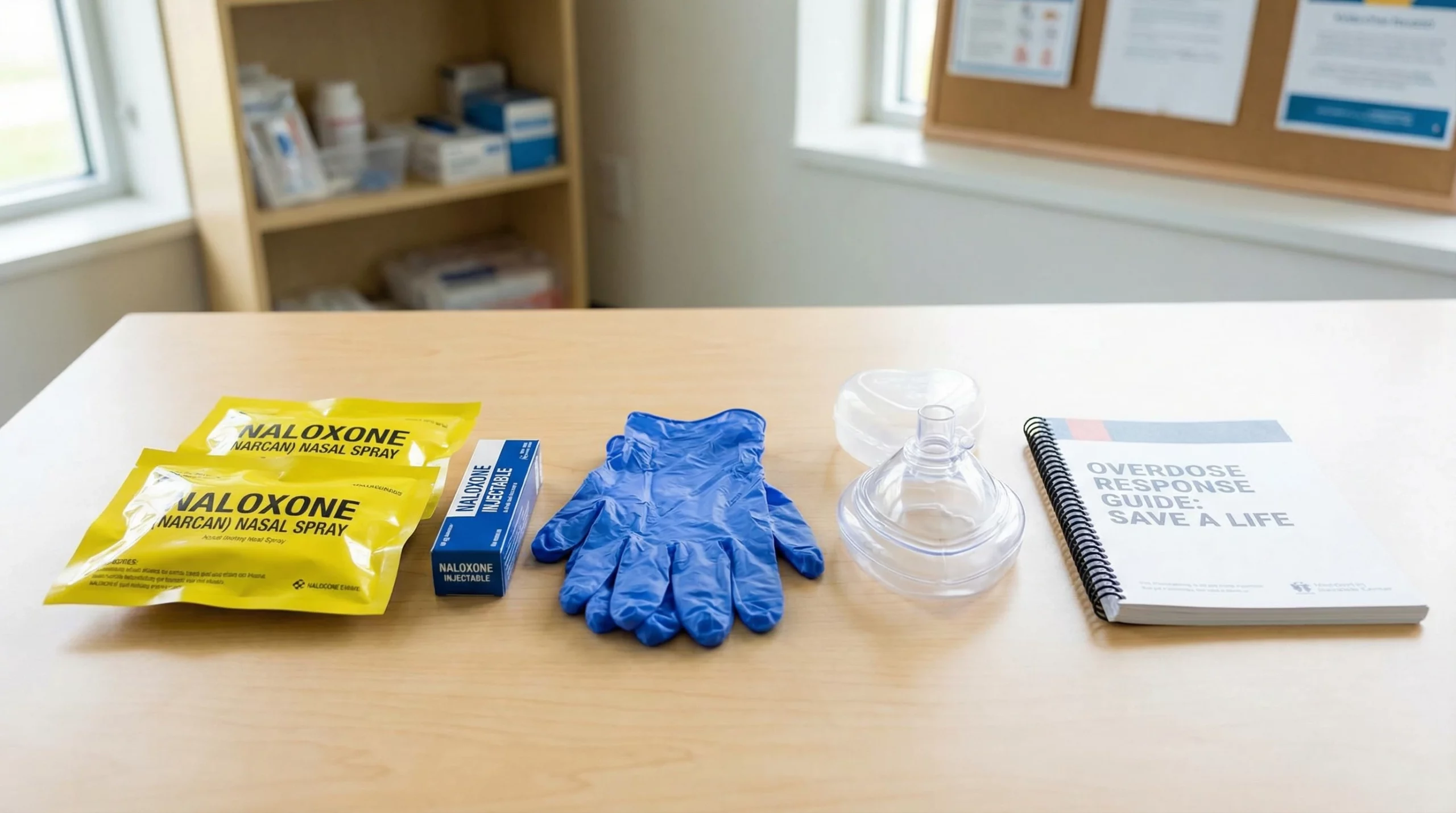Addiction Care During Pregnancy
Addiction care during pregnancy requires a careful balance of medical safety, emotional support, and compassionate, evidence-based treatment. Pregnancy can serve as a powerful catalyst for recovery, inspiring many women to seek help for the first time; however, it also introduces significant physical changes, emotional vulnerability, and social pressures that can complicate substance use disorders. Effective … Read more

